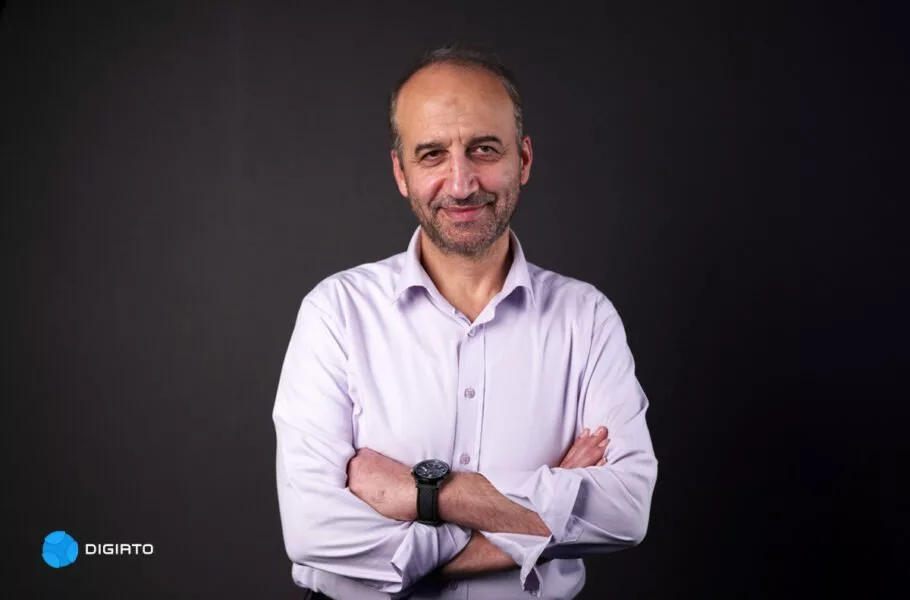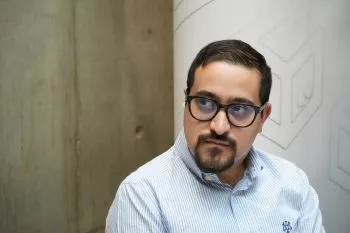
Internet Freedom Sacrificed to ‘Consensus,’ Says Supreme Cyberspace Council Member
Iran's internet filtering reforms face setbacks due to government dynamics and resistance from security-focused decision-making bodies.
A member of Iran’s Supreme Council of Cyberspace has stated that lifting internet filtering has been sidelined in favor of the slogan 'consensus.'
Mohammad Sarafraz, former head of Iran’s state broadcaster and a current member of the Supreme Cyberspace Council, discussed the challenges surrounding internet censorship, the role of the council, the controversial 32-point resolution on filtering, VPN usage, satellite internet, and the National Information Network in an interview with Digiato.
He believes that promises to lift filtering have been abandoned due to prioritizing alignment with government institutions rather than public interests. Sarafraz also pointed out that even if the president wanted to fulfil this promise, the decision-making structure in Iran makes it practically impossible.
Sarafraz criticized former promises made by President Masoud Pezeshkian regarding filtering reforms as unrealistic. He added that while lifting censorship was not an insurmountable task, it was overshadowed by ambiguous calls for consensus. According to Sarafraz, this 'consensus' appears to focus on harmony with governing bodies rather than with citizens or political parties, which ultimately led to shelving the initiative.
He further explained that governmental entities outside the executive branch exert significant influence over decision-making processes. Sarafraz noted that President Raisi would have needed to challenge these entrenched structures to deliver on his pledge but chose not to take such a step. This approach has effectively sacrificed any progress on lifting filtering measures. Additionally, he highlighted procedural issues stemming from a 32-point resolution passed by the Supreme Council of Cyberspace.
The resolution, designed to outline a phased approach to lifting restrictions, has been deemed problematic by Sarafraz. He revealed that its details were neither fully presented nor debated during council sessions; only general aspects were put to a vote without a complete reading.
Sarafraz also shed light on a strategic committee formed under this resolution tasked with overseeing censorship-related decisions. Members include the Minister of ICT (as secretary), head of the National Cyberspace Center, Minister of Intelligence, representatives from the Islamic Revolutionary Guard Corps (IRGC), and the Prosecutor General’s Office. According to him, this committee’s composition is heavily dominated by security and judicial figures who require four out of five members’ approval for any decision. This structure creates what Sarafraz described as a 'hard core' resistant to lifting restrictions.
He further disclosed that even partial moves like unblocking YouTube are contingent upon vague conditions such as accepting specific governance frameworks, a demand he deemed nearly impossible.












